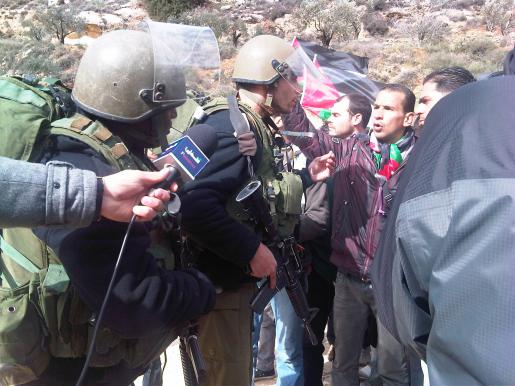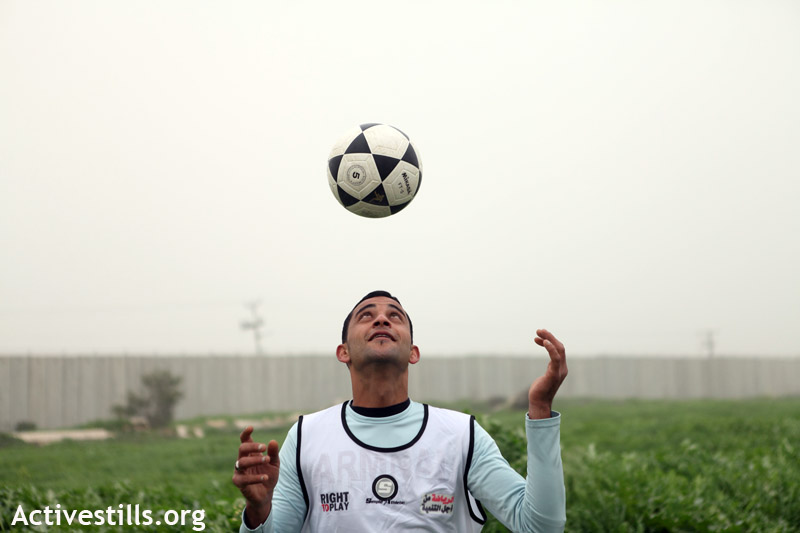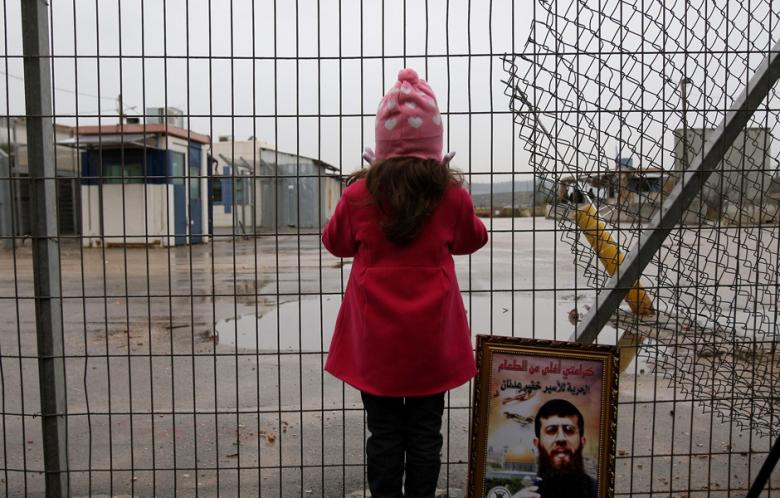Category: In the Media
-
Settlers attack demo in Qaryut
10 February 2012 | Popular Struggle Coordination Committee Demonstrators in Qaryout attempted to plant olive trees to resist land grab. On the way, they were attacked by settlers and the army. Approximately 100 residents of the Qaryout joined the weekly protest against the occupation this week, aiming to plant olive trees on their lands, as…
-
Entering the deadly zone, demonstration in front of Erez
7 February 2012 | Chroniques de Palestine Since 2008, demonstrations are organized in front of Erez in Beit Hanoun. This is in defiance of the “no go zone” imposed unilaterally by the Israelis. Any person who approaches the Green Line is under risk of being shot at. In fact many farmers; or rubble collectors have…
-
International strategy for Palestinian prisoners needed
by Joe Catron 2 February 2012 | Al Akhbar English “Any movement that does not support its political internees is a sham movement.” – US political prisoner Ojore Lutalo Political prisoners, their families, and their concerns and causes enjoy massive support in Palestinian society. Palestinians who may have never joined a boycott campaign or acted…



